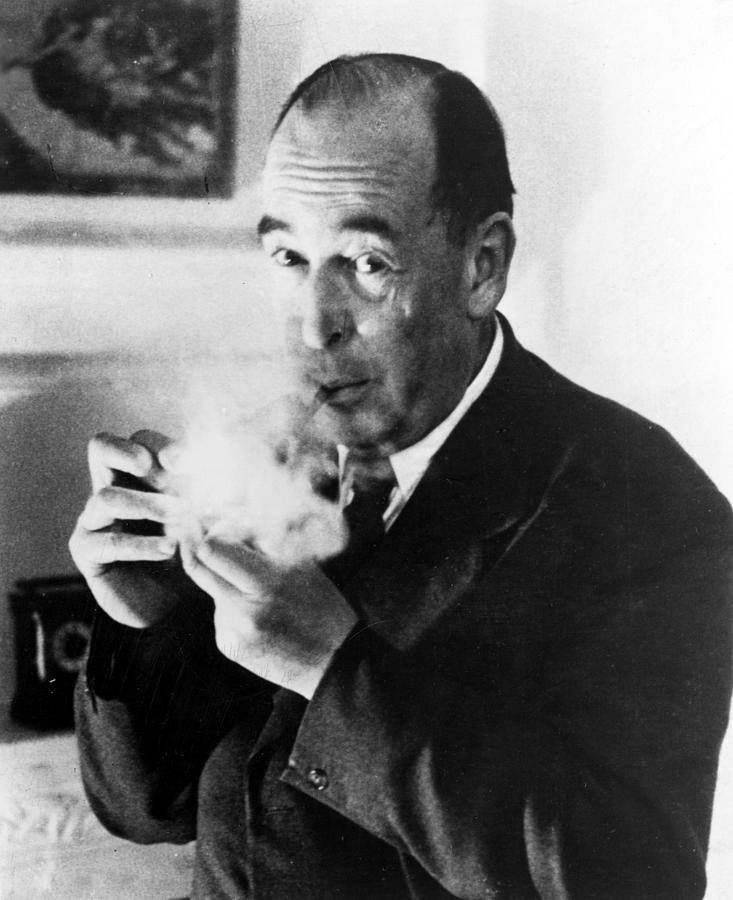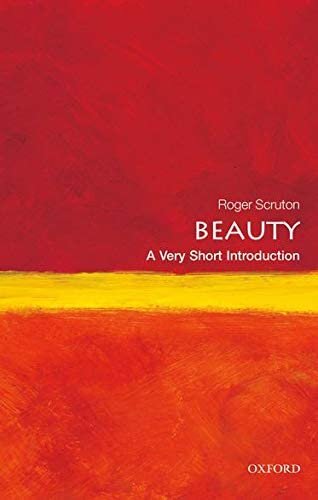I learned yesterday that a genuine internet legend died this week, aged 82. His name was Jon Daker.
Jon Daker was the accidental star of one of the first real viral videos, a two-minute public access TV segment in which he sang in a recital organized by an elderly piano teacher at his church. I discovered this video in college, in the days before YouTube, embedded with other segments from the same broadcast on an already ancient website that I believe is now defunct. There were probably about fifteen or twenty minutes total preserved from that recital, including some standup comedy, choral numbers, and other soloists, and while many of these were funny or awkward, Daker’s was far and away the funniest of them all—one of the funniest things I’ve ever seen.
It’s an accidental comedy masterpiece, growing continuously funnier from start to finish. Daker awkwardly introduces himself, he misses his first cue and rushes to catch up, he visibly forgets the lyrics to his second number, he tries to recover with a little gesture and movement at the mic only to end up humming his way to the final lines of the song, and all the while Mrs Unsicker, the piano teacher, sits playing away at her upright piano like a machine. Daker’s portion of the show is only a minute and a half long, but he wraps those ninety seconds up with an iron-jawed stoicism and an obvious sense of relief.
I’ve watched this clip every so often for close to twenty years, and it never, ever stops being funny.
But why? Part of it is the obvious—it’s awkward, it’s embarrassing, he forgets the words, he clearly doesn’t know what to do with his face. His utterly rigid body language screams his keen, moment by moment awareness of how badly it’s going, and that with the pianist pounding through his two songs like an automaton heedless of his calamity there is no stopping. Then there are subtler things—the perfect comedy timing of his name, misspelled, popping up onscreen after his introduction and in perfect time with Mrs Unsicker’s first chord; or the truly daft pairing of Charles Wesley with Dean Martin. The more you watch it the more you see.
But for me, the laughter—and I laugh till I cry—is also a laugh of recognition. It’s sympathetic, even affectionate. I see in Daker’s ninety seconds of gawping, humming, halting Sprechgesang my own worst case scenario for public performance. I flop sweat for him as he nears the end of his set. It’s the laughter you share with your buddy who completely blew his lines in the Christmas cantata, grateful it wasn’t you but glad you can laugh him through the embarrassment. Because in that situation Daker is me, right down to the eyebrows.
That is, he would be me—if I had the guts and humility to volunteer for a solo on television, accompanied by a lady from my church.
Which brings me to this piece by Jonathan Aigner, which I ran across—in keeping with the spirit of Jon Daker—completely by accident this morning, thus learning that Daker had died. Aigner’s tribute to Daker is a genuinely sweet and surprising piece, not least because of the details it offers about the real man behind the viral video. But this passage in particular struck me:
You see, in a world plagued by sin and evil, in which churches increasingly have no room for church musicians without commercial appeal, Jon Daker represents hope, joy, and faith. Here is a regular guy who has managed to lift the spirits of millions thanks to his love of singing and a willingness to crash and burn with dignity.
In my classes I have often lamented to my students that for all the pop music on the radio and store PA systems, we actually live in a less musical world than our ancestors, who had songs for everything and celebrated, mourned, worshiped, mocked, marched into battle, or simply began their daily chores by bursting into song. Think of the last time you heard someone singing in public for no apparent reason, I tell them, and consider how odd you almost certainly found it. That was the norm even within living memory. Now, unless one has the polish of a professional (and digitally assisted) singer, you’ll be hooted into silence.
But there’s a deeper point here, and an explicitly religious one. Aigner links to an earlier post of his in praise of church choirs, in which he invoked Daker with both obvious affection and in service of a great point:
There’s no way John would make it onto any praise team anywhere. He’s not cool enough, young enough, or stylish enough, and his tendency toward performance anxiety doesn’t help, either. But, you know what? John obviously loves to sing, and I’m guessing his service in the Chancel Choir at First United Methodist Church is diligent and earnest. We already know he can match pitch (and sing in diverse styles), and having sought out the services of Mrs. Reva Cooper Unsicker, he must be quite teachable. For those qualities, he would be more than welcome in most church choirs. He could sing in my choir any day, although I probably wouldn’t let him do “Amora” too, okay?
Seriously, there seems to be a trend in contemporary worship culture that says unless you look a certain way, dress a certain way, have the right personality, fit into the targeted age bracket, or meet some other predetermined “coolness” factor, you cannot lead in corporate worship. This is wrong. Worship leadership should resemble the radical diversity of Christ’s Kingdom, and a choir facilitates this quite well.
And that, in its turn, brought to mind CS Lewis and Uncle Screwtape. In Letter 2 of The Screwtape Letters, Lewis’s elder devil mentors his nephew, a tempter in training, with reflections on how to distract his “patient,” the human man subject to temptation, with the embarrassing reality of church:
When he [the patient] goes inside, he sees the local grocer with rather an oily expression on his face bustling up to offer him one shiny little book containing a liturgy which neither of them understands, and one shabby little book containing corrupt texts of a number of religious lyrics, mostly bad, and in very small print. When he gets to his pew and looks round he sees just that selection of his neighbours whom he has hitherto avoided. You want to lean pretty heavily on those neighbours. Make his mind flit to and fro between an expression like ‘the body of Christ’ and the actual faces in the next pew. It matters very little, of course, what kind of people that next pew really contains. You may know one of them to be a great warrior on the Enemy’s side. No matter. Your patient, thanks to Our Father Below, is a fool. Provided that any of those neighbours sing out of tune, or have boots that squeak, or double chins, or odd clothes, the patient will quite easily believe that their religion must therefore be somehow ridiculous.
The one-word name for this temptation, of course, is pride. To which I have to say, Mea culpa—I’ve been guilty of precisely what Screwtape describes here. But this beautiful imperfection, this “radical diversity” that Aigner describes, is the real and joyous face of the church, and I’m willing to bet, based on the way Jon Daker put himself out there, willingly entering into a situation I certainly never would for the sake of the people he knew best, that pride did not enter into his character much. He’s a man we do well not to laugh at, but with.
The world needs more Jon Dakers, and not just because of the laughs. As Aigner fittingly concludes in his piece, “may his memory outlast the internet.” RIP.
Watch the original—first uploaded to YouTube in the summer of 2006!—here or embedded above. For an extra layer of comedy, here’s a version with very literal subtitles. Be sure to read all of Aigner’s memorial post for Daker at Patheos here, and take a moment to read Daker’s obituary in the Peoria Journal Star here.



















